Cork Public Museum has a long history of connecting people with history, both at the museum and in the community. Community Outreach efforts bring us to schools, community centres, conferences, libraries and festivals as we work to bring history to you! The museum offers partnership opportunities for specific areas of geographic focus, as well as lectures, hands on activities and other programs.
- Cork Public Museum Mission Statement July 2019.
Here is a selection of different organisations we have worked and continue to engage with over the years:
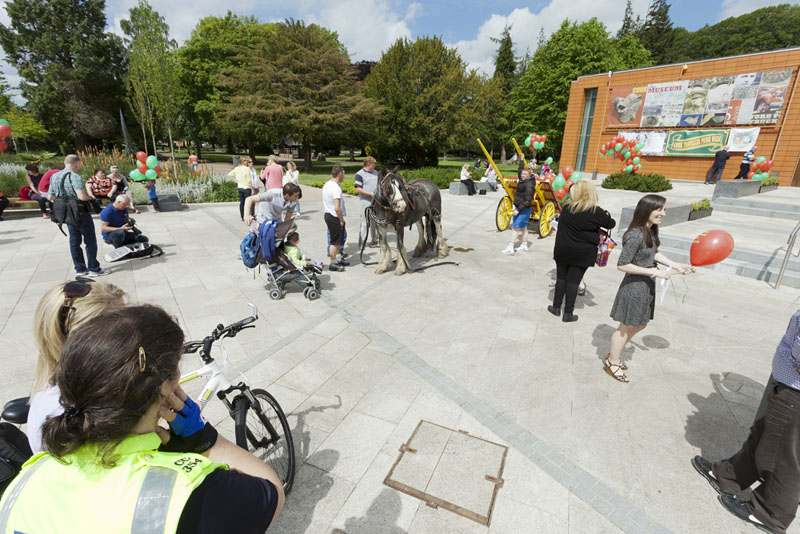 | 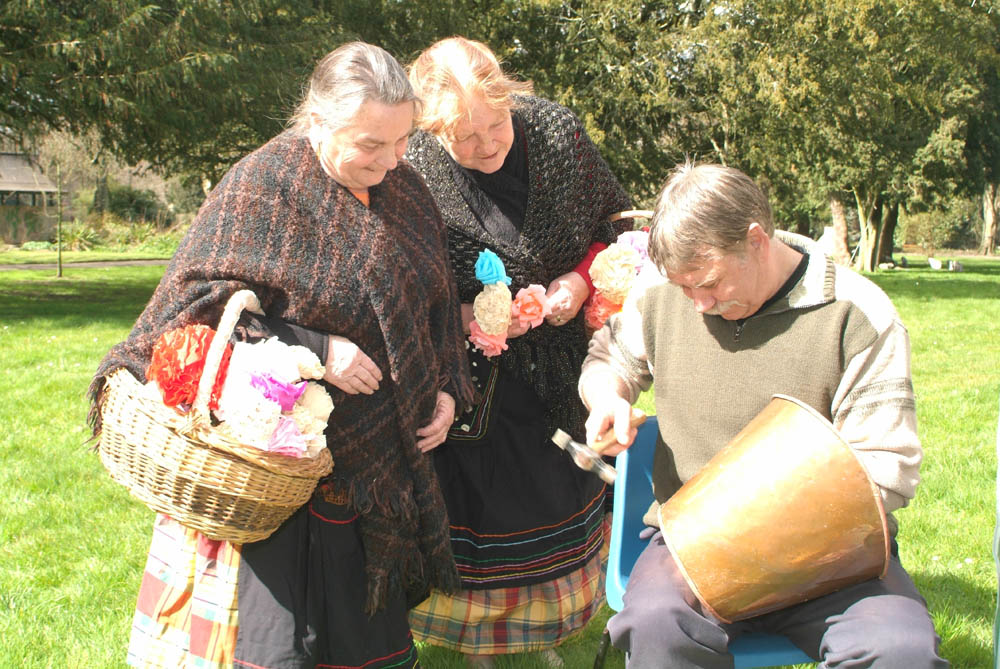 |
The Cork Traveller Women’s Network is a community development organisation, run by Traveller women and working for Traveller rights in the city.
Their work involves supporting Traveller women as leaders, promoting Traveller health, advocating for Traveller accommodation and the promotion of Traveller culture and ethnicity. They support a network of Traveller women’s groups throughout the city as well as the Meelagh Traveller Community Centre.
As part of its work to promote Traveller pride and awareness of the many positive contributions that Travellers to Irish society, the network was responsible for the 'Barrel Top' Project that created a full sized traditional barrel top wagon during Cork’s tenure as European Capital of Culture. The Barrel top is now the centrepiece in “Toraig on the Tobar”, the Traveller Culture Exhibit at Cork Public Museum in Fitzgerald’s Park.
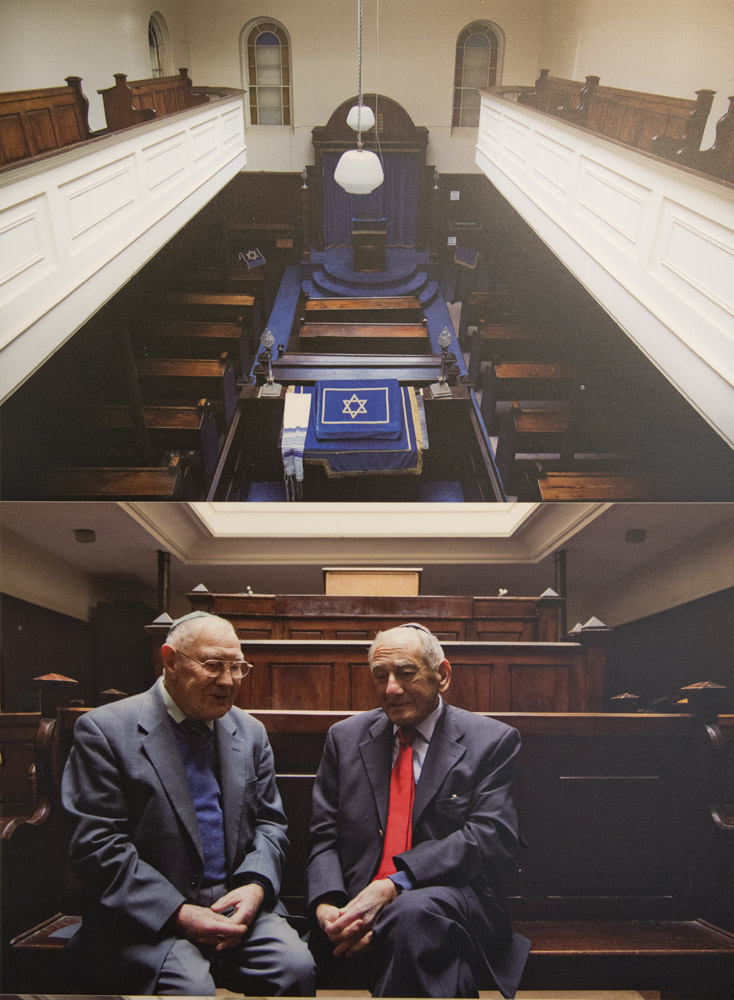 | 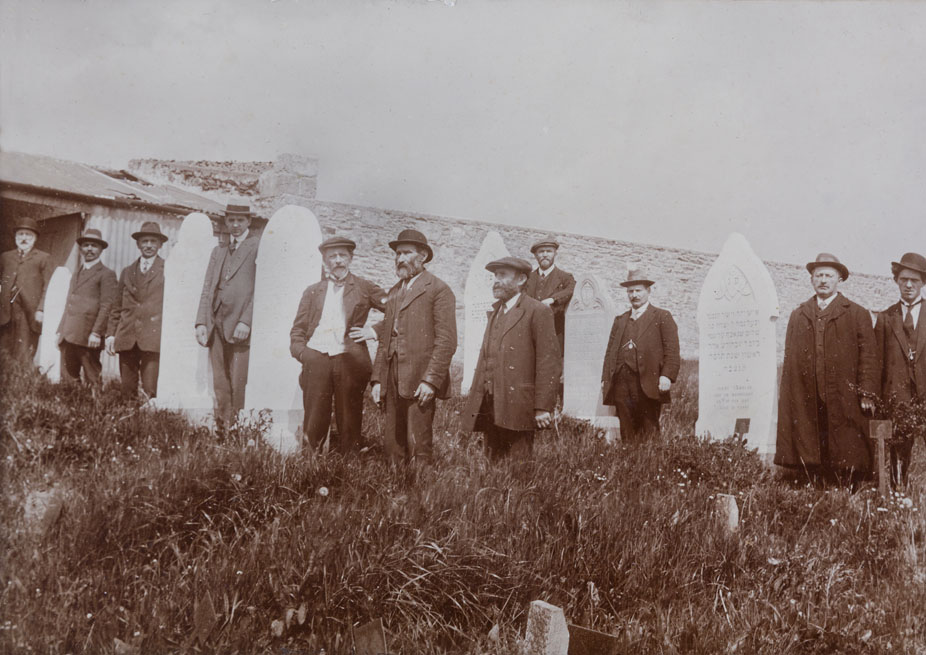 |
From the 1880s over two million Jews, fleeing pogroms and persecution, left Tsar Alexander II’s Russia, making their way towards the United States. A tiny number disembarked at Cobh, some say their broken English led them to think the cry of ‘Cork! Cork!’ was a call for ‘New York'.
Most of the new arrivals started off in ‘Jewtown’ near Hibernian buildings in Albert Road, with many becoming door-to-door peddlers.
By 1939 there were almost 400 Jewish families in Cork, with an active synagogue, sports and drama teams and two football teams, but as they flourished, their children became educated professionals and moved abroad for greater opportunities and the chance to join larger Jewish communities.
Unfortunately, in 2016 the former synagogue on the South Terrace closed and was deconsecrated. Marking the last of any formal services in the building. In 2017, much of the fixtures and objects were transferred to CPM and there is a permanent display of these artefacts at the museum.
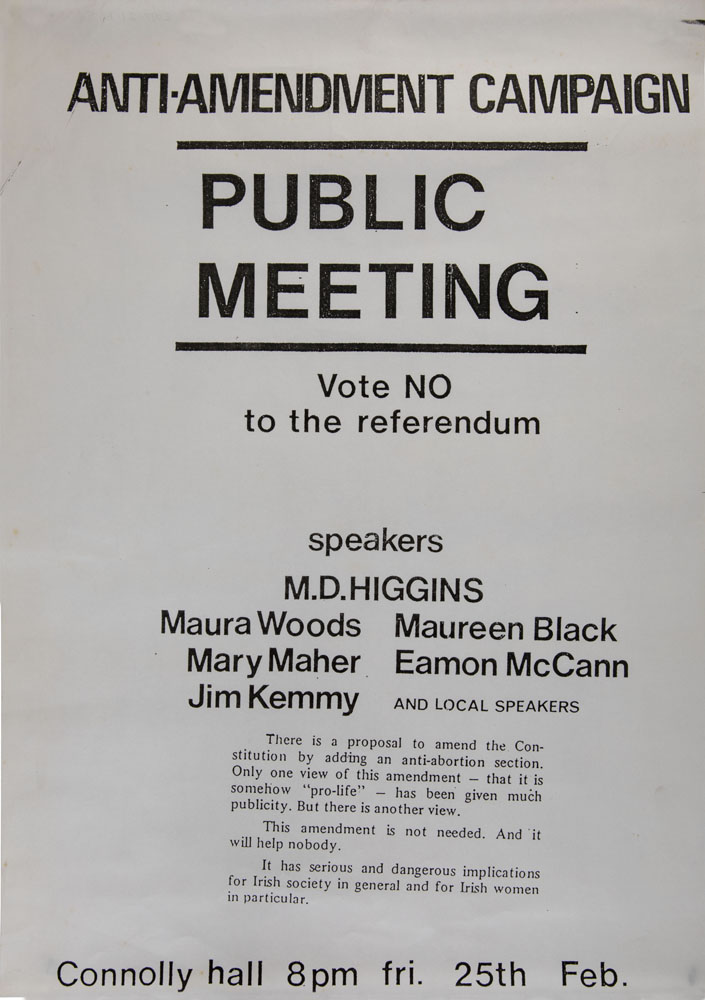 | 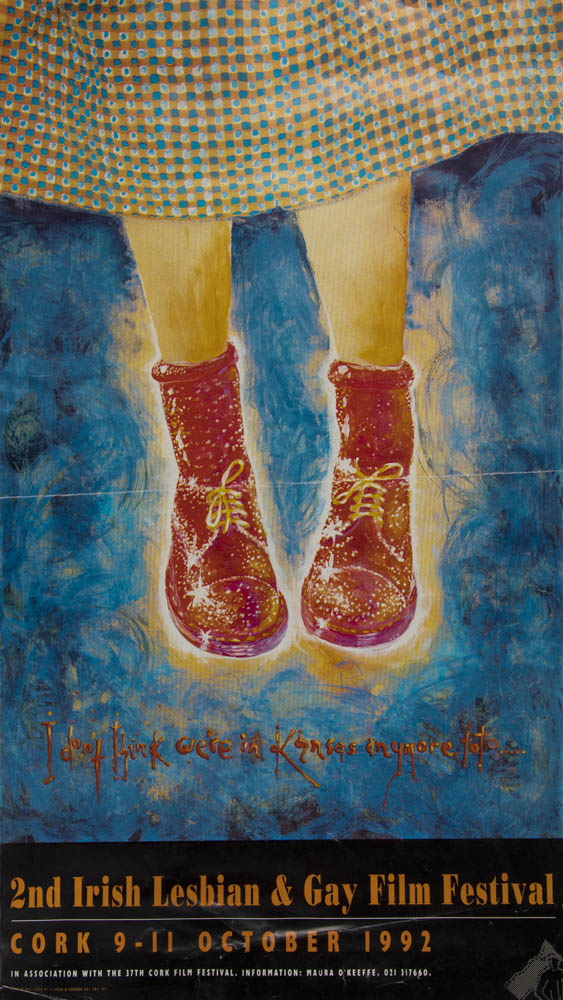 |
The Cork LGBT Archive aims to preserve, digitise, share and display information in relation to the history of the LGBT communities in Cork, Ireland.
Cork has a long and rich history of LGBT activism, community formation and development. Since at least the 1970s LGBT people in Cork have forged communities, established organisations, set up services and reached out to others. As well as campaigning for LGBT rights and providing services and supports to LGBT people, the LGBT community has played a vital role in movements for social justice and political change in Cork. Yet this community, like many other LGBT communities worldwide, has been largely invisible in historical accounts and its contribution to social and political change and developments have gone largely unacknowledged.
The Arthur Leahy collection is at the core of the Cork LGBT Archive. This is a private collection, gathered since the 1970s, and including posters, newsletters, leaflets and other items. In addition to this collection, items are also being gathered from other smaller collections and individual items held by members of the community. Oral histories will also be included.
While the archive strives to be a LGBT archive, much of the materials from the earlier decades refer to the lesbian and gay communities, with little reference or acknowledgement of the bisexual or transgender communities. Every effort is being made to redress this imbalance and to access a wider range of information.
The Digital Archive has been developed by Orla Egan, Cork LGBT activist and PhD student in Digital Arts and Humanities in UCC.
Through the work of the Association we do not seek to justify or glorify war. The Association is not a re-enactment society, nor are they commercially motivated; they are entirely non-political. The object of the Association is to educate the public in the history of The Great War with reference to the Western Front, to both men and women who served, and who have their roots in Cork city and county.